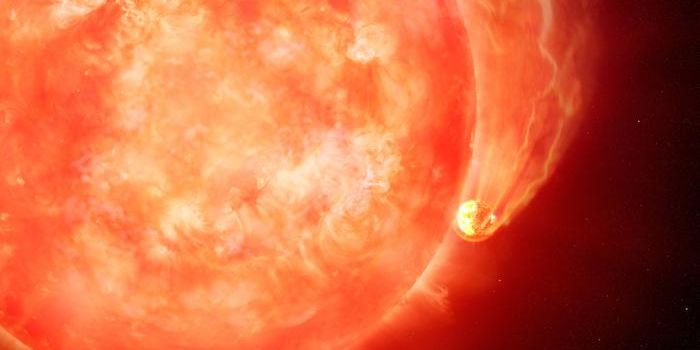Can we blame climate change for the flooding in New Orleans?
New Orleans has not had a good week with water. Flooding from a huge down pouring last Saturday left 9 inches of rain and damage in several neighborhoods in the city, with some areas experiencing waist-high wading. Then on Thursday, there was a fire at a power station that controls flood regulation that resulted in an outage, making the pumps inutile. At the time, three of the five turbine generators that power the city’s water pumps were under maintenance. After the fire, only one was functioning, meaning only 38 of the 58 pumps that drain the city’s east bank could actually do their jobs.
New Orleans’ system of pumping and dumping is old and often unreliable. "The fact still remains we have an old system that needs to be upgraded," Mayor Mitch Landrieu said. When fully running, the city's 22 pumping stations can remove 29 billion gallons a day, according to the Sewerage and Water Board. But of course, that wasn’t the case this week. The city also uses levies to barricade the banks of the Mississippi river to the south and Lake Pontchartrain to the north.
The mayor’s office says the events over the last few days have been the worst flooding in the last twelve years, since the aftermath of Hurricane Katrina. According to the city’s records, the waters took 14 hours to drain and 200 “life-threatening” emergency calls were received.
So why does this keep happening? Two answers glare us in the face: the majority of New Orleans is below sea level, and sea levels are rising because of climate change.
Although scientists hesitate to dub the flooding as a climate change event, they aren’t blind to its implications. "We have a long history of catastrophic events in the city," Louisiana state climatologist Barry Keim said. "But I'm not saying that what we're seeing is not climate change. What's happening is consistent with a warming climate."
NOLA reports a study from last year determined that the storm that brought flooding to Louisiana in 2016 was at least 40% more likely to occur now than in pre-industrial times. Although we cannot yet extrapolate if this year’s flooding has similar insinuations, the trend would point towards humans as the culprits.
Sources: The Guardian, Reuters, RT, NOLA









